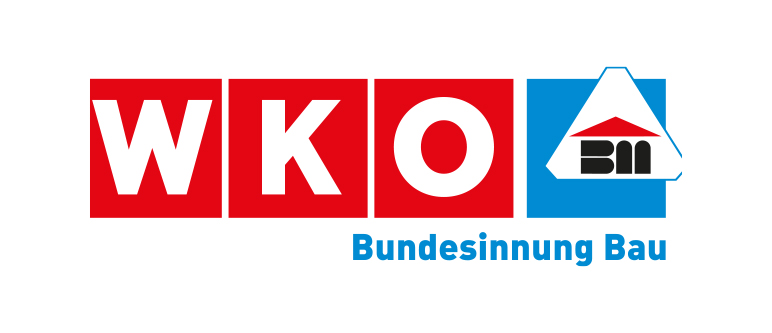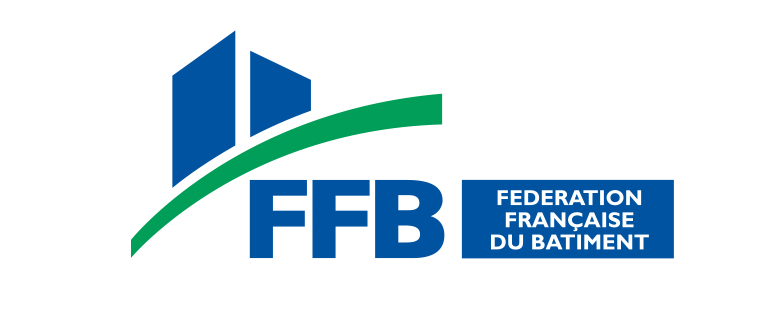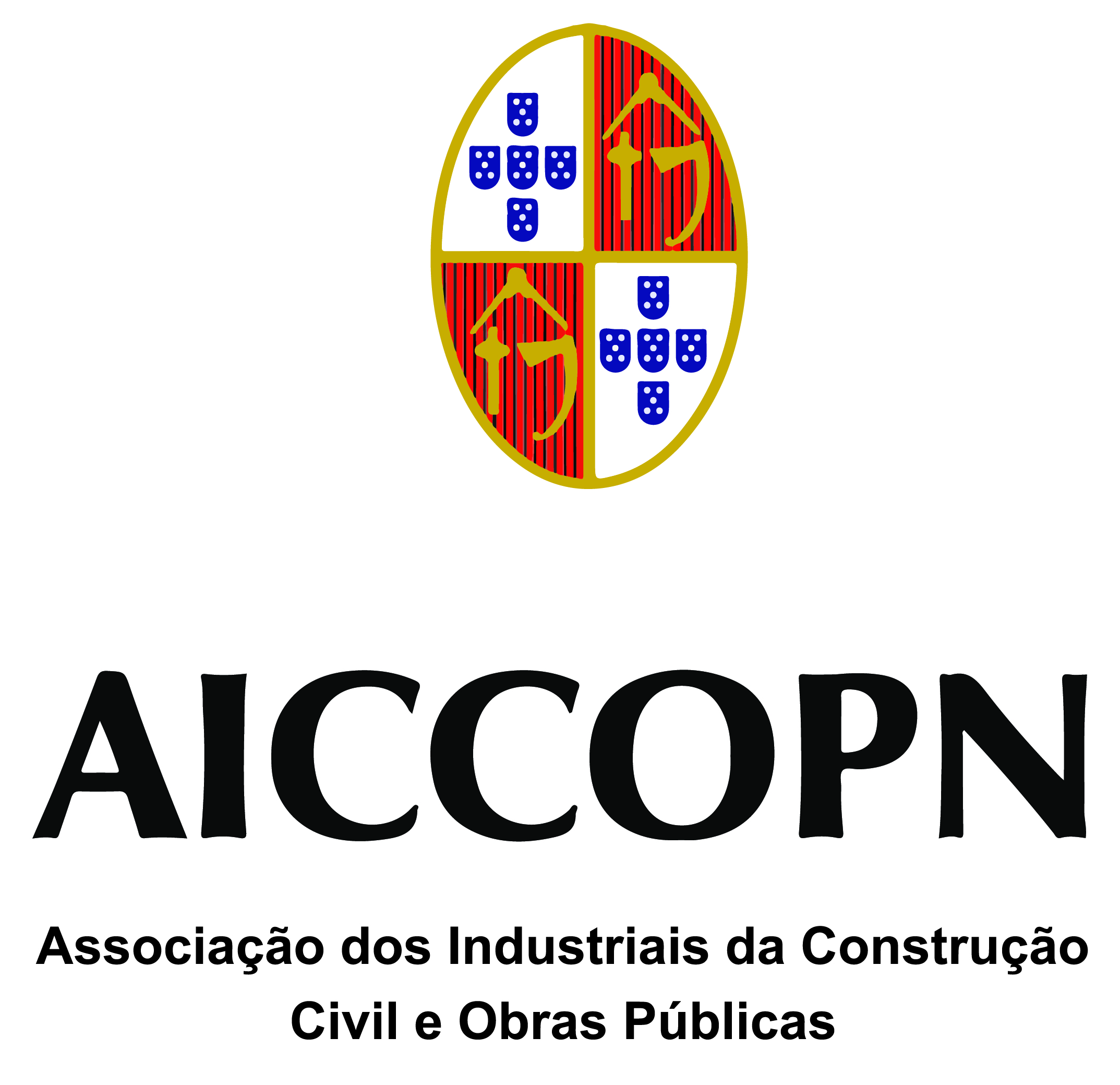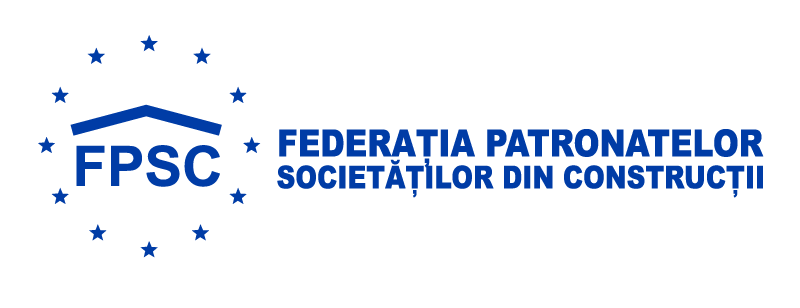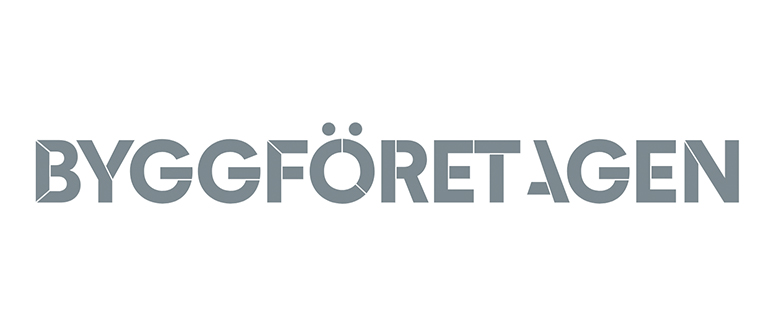Overall construction activity
The contraction in construction continued strongly last year. However, the decline eased towards the end of the year in both production and employment. The bottom of the cycle was reached in the third quarter. Construction companies' business outlook rose slightly towards recovery. However, the business situation is still very weak and production is not expected to grow in the first half of the year. New construction starts remained at the exceptionally low level of the previous year in 2024. Permits granted and completed projects fell to the level of 20 years ago. The volume of new construction continued to decline by 14 percent. The contraction in renovation that began two years ago continued, slowing down slightly. Infrastructure construction turned to growth already in the first half of the year. In Finland the construction sector should be prepared for both faster and weaker development than expected. The recovery in economic growth and purchasing power will support growth. The further falling interest rate outlook and the bottoming out of the international real estate market will increase risk-taking and investments in Finland. All types of construction will return to moderate, slightly accelerating growth. Employment will improve only slightly as production recovers with a delay. Tightening financial regulation and high cost levels will reduce supply, especially this year. A possible rapid increase in demand in the housing market, combined with supply constraints, could lead to a rapid increase in housing prices and fluctuations in production. At worst, a trade war could postpone the construction recovery to the coming years.Construction will grow moderately throughout the forecast period. Production will still lag behindthe usual level of activity. The prolonged recession and the reconstruction of Ukraine pose a significant risk to production capacity. A trade war would postpone the construction recovery.
Residential construction
The volume of new housing construction contracted by almost 30 percent last year. The decline decreased from 40 percent at the beginning of the year to 3 percent at the end of the year. The almost 3-year continuous decline in building permits and starts ended last spring, but without clear signs of a turnaround. State-supported housing construction slowed down, while privately financed production remained very low. Housing starts remained at the previous year's level of 17,600 homes. The drop in permits to the lowest level in statistical history predicts a weak production level for this year as well. The sale of old homes has continued to pick up. Transaction volumes are already approaching the long-term average. The prices of old homes have not yet seen an increase. Interest rates have continued to fall, and the outlook is still slightly downward. Purchasing power has turned to growth. The bottom in international real estate markets is expected to be behind us. Small investors' interest in housing has been growing since last spring. However, there is still no clearly growing demand for new housing construction. Households' financial buffers have thinned considerably. Interest expenses are still high and distort households' picture of inflation. Unemployment and the savings rate will remain high this year. Consumption and large purchases are still tight. From an investor's perspective, the supply of housing is still abundant and rental growth is slow. The price difference between new and old housing is exceptionally large and, according to forecasts, will correct slowly. Construction costs have remained high and are trending upwards as production picks up. Construction companies are burdened by the negligible sales volumes of unsold housing and collateral in old projects. Access to financing for housing construction is being tightened by the transnational regulation that will come into effect this spring and the uncertainties surrounding its implementation. State-subsidized housing production will clearly decline, but will remain an important demand factor this year. In 2023–2026, housing production will fall well below the housing production need, averaging 20,000 homes.
Non-residential construction
The decline in non-residential construction continued last year for a third year in a row. The number of new building permits fell to the level of 20 years ago, to 22 million cubic meters. The contraction in the volume of new production accelerated to 6 percent compared to the previous year. However, the decline in the non-residential construction, which had continued for almost 17 quarters, ended in a slight increase in the last quarter of last year. Despite the declining development in permits, the outlook for non-residential construction for the entire forecast period is positive.
Last year's minor sources of growth were in the start-ups of commercial and office construction and assembly buildings. This year, growth will come mainly from industrial and public sector projects. However, the investment environment remains exceptionally uncertain under the threat of a trade war.
The start-up of non-residential investments during this spring is crucial for the development of the entire forecast period. More sustainable growth would also require new investment decisions and the return of international investors to Finland. The further decline in interest rates, the recovery in economic growth, and the full implementation of tax and investment incentives are supporting investments. In turn, the return of construction costs from high levels to growth is holding back projects.
GDP 2024
BILLION
POPULATION 2024
Total investment in construction in 2024
BILLION
Civil engineering
Investments in civil engineering turned to growth in the last quarter of last year. The decline in investments slowed down to just under 2 percent year-on-year for the whole year. The bottom of the cycle seems to have been reached in the middle of the year. Turnover growth accelerated to a brisk 4 percent in the second half of the year. As costs leveled out, sales volume grew by almost 5 percent.
As measured by the number of projects, infrastructure construction is turning to clear growth. However, business cycle surveys still give a somewhat contradictory picture at the beginning of the year. The order backlog of designers decreased in the first quarter compared to the previous year and quarter. However, new orders increased by 53 percent compared to the previous quarter and remained unchanged compared to a year ago. According business cycle survey, the length of the order backlog increased to the highest figure in the survey history at the end of last year, 11.5 months. When examined by region, the economic situation is clearly improving almost everywhere except for two regions.
Road construction continues to grow as the increase. Construction of the street network remains at a good level. Railway construction grows as several projects get underway. Energy-related investments are expanding, and wind power construction continues to be brisk. Investments related to the mining industry are growing, driven by the global economy and geopolitics. Defense-related investments will support the entire decade. Foundation work for building construction will increase slightly due to a slight pick-up in housing construction. The value of civil engineering in 2024 was a total of 7.1 billion euros. Of the total value, 5.0 billion euros were investments. 2.1 billion euros were spent on maintenance. The value of investments decreased slightly. On the other hand, slightly more money was spent on maintenance than the previous year. In total, the value of the infrastructure sector reached approximately 9.5 billion euros in 2024.
Prices of construction materials
The historically rapid increase in material prices that began in 2021 ended in mid-2023. Costs began to decline slightly, continuing until the autumn of 2024. In 2024, material prices remained on average at the previous year's level. This year, cost developments have continued to be moderate. Material prices and construction costs have remained high because of several crises in recent years.







